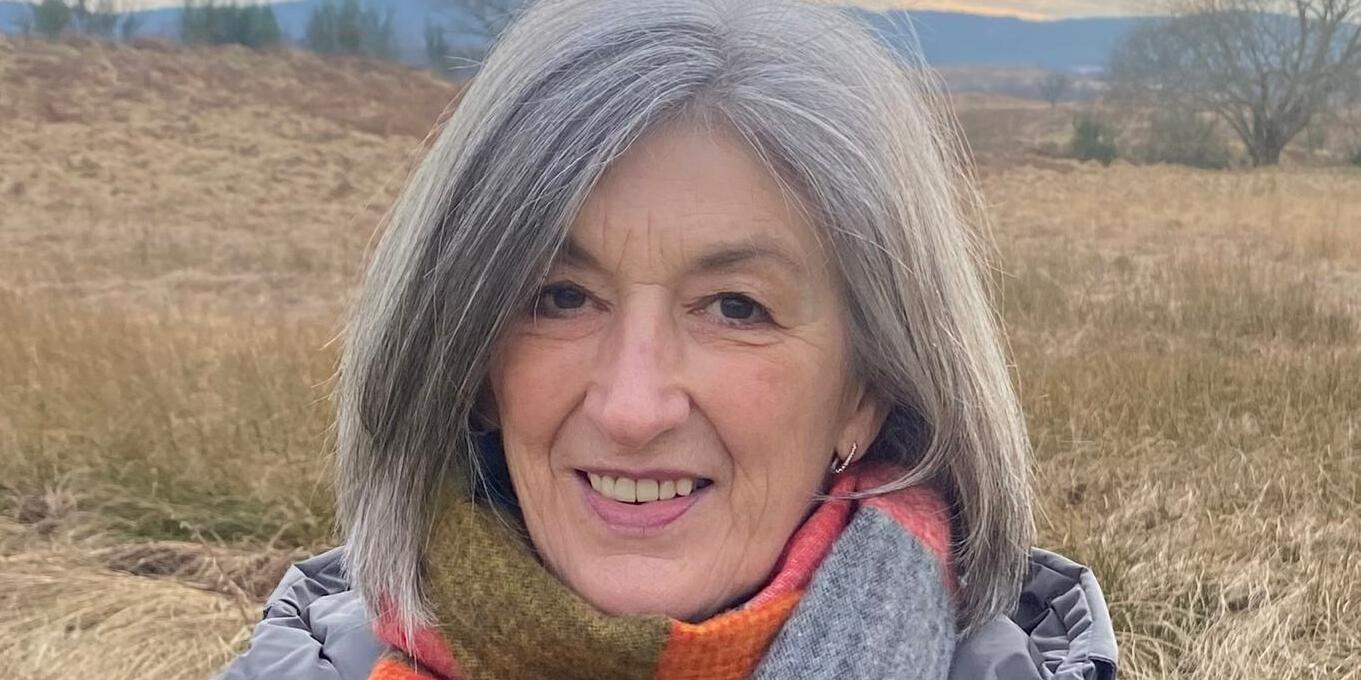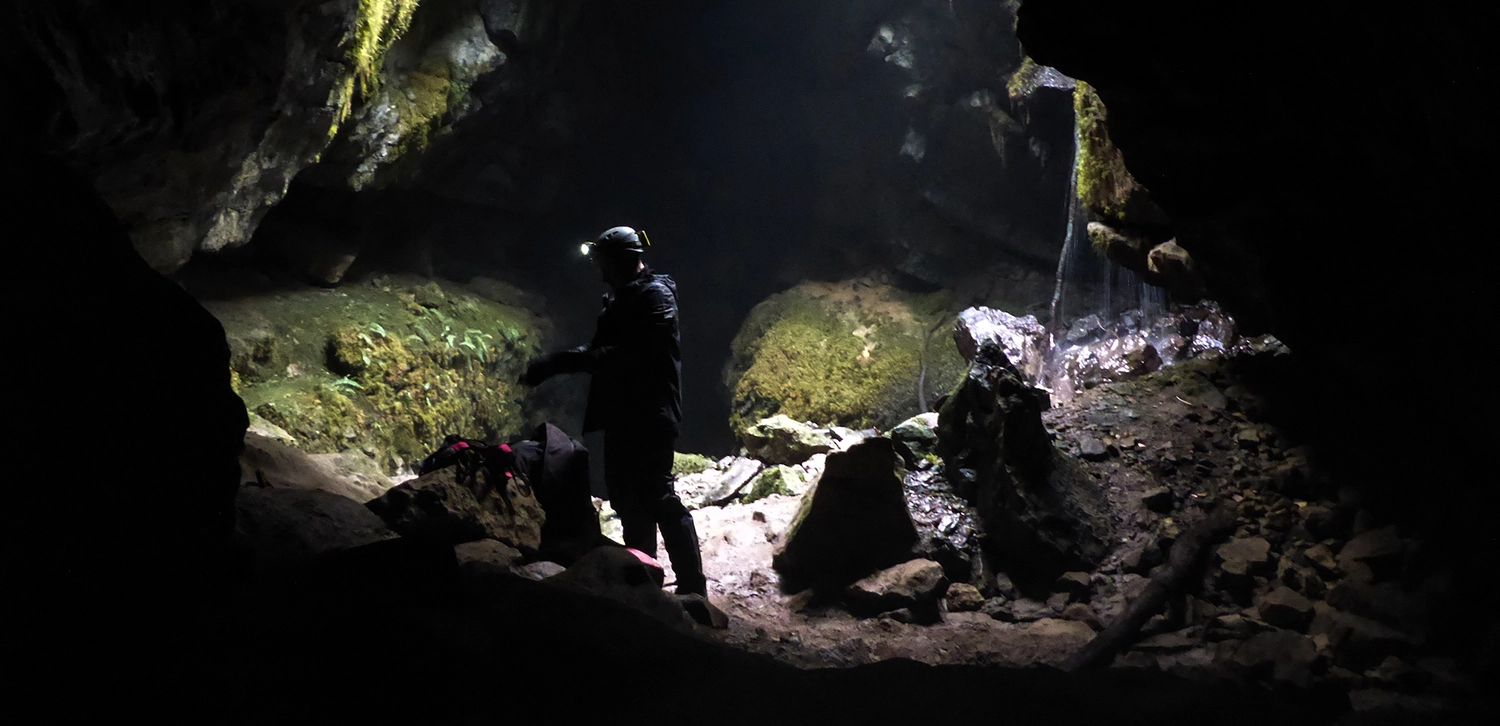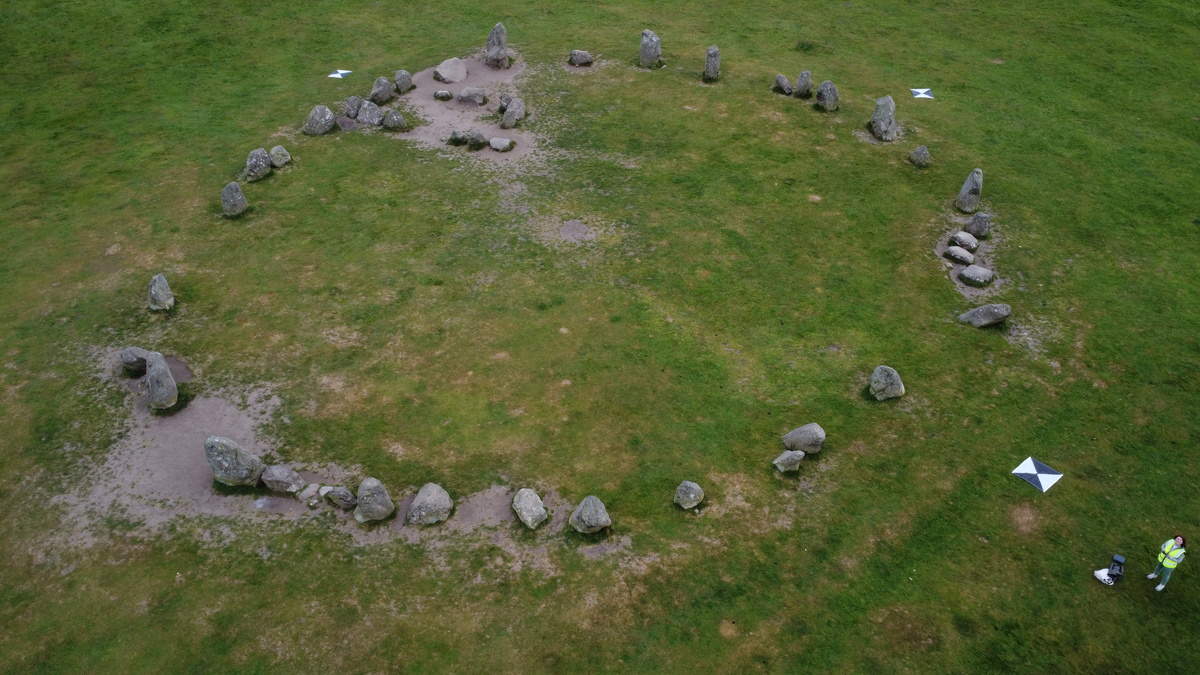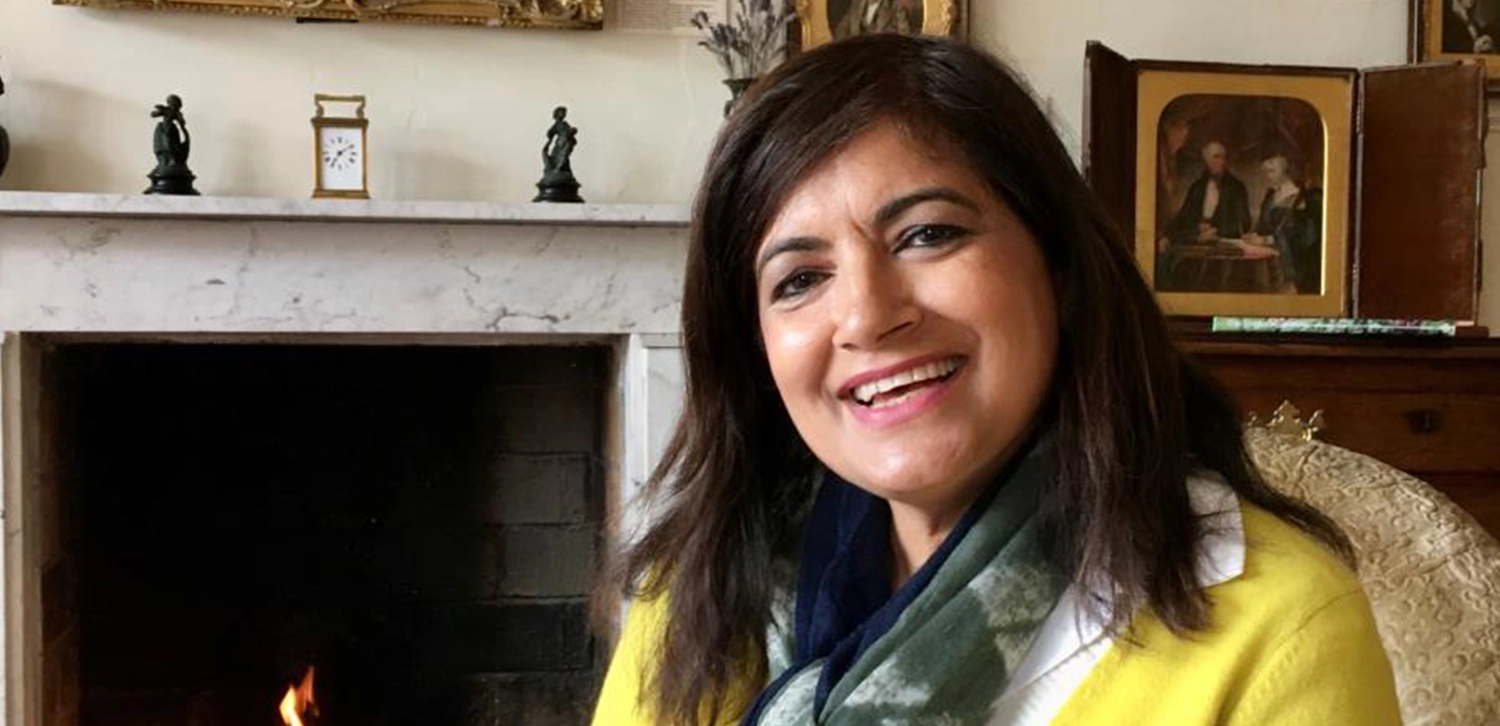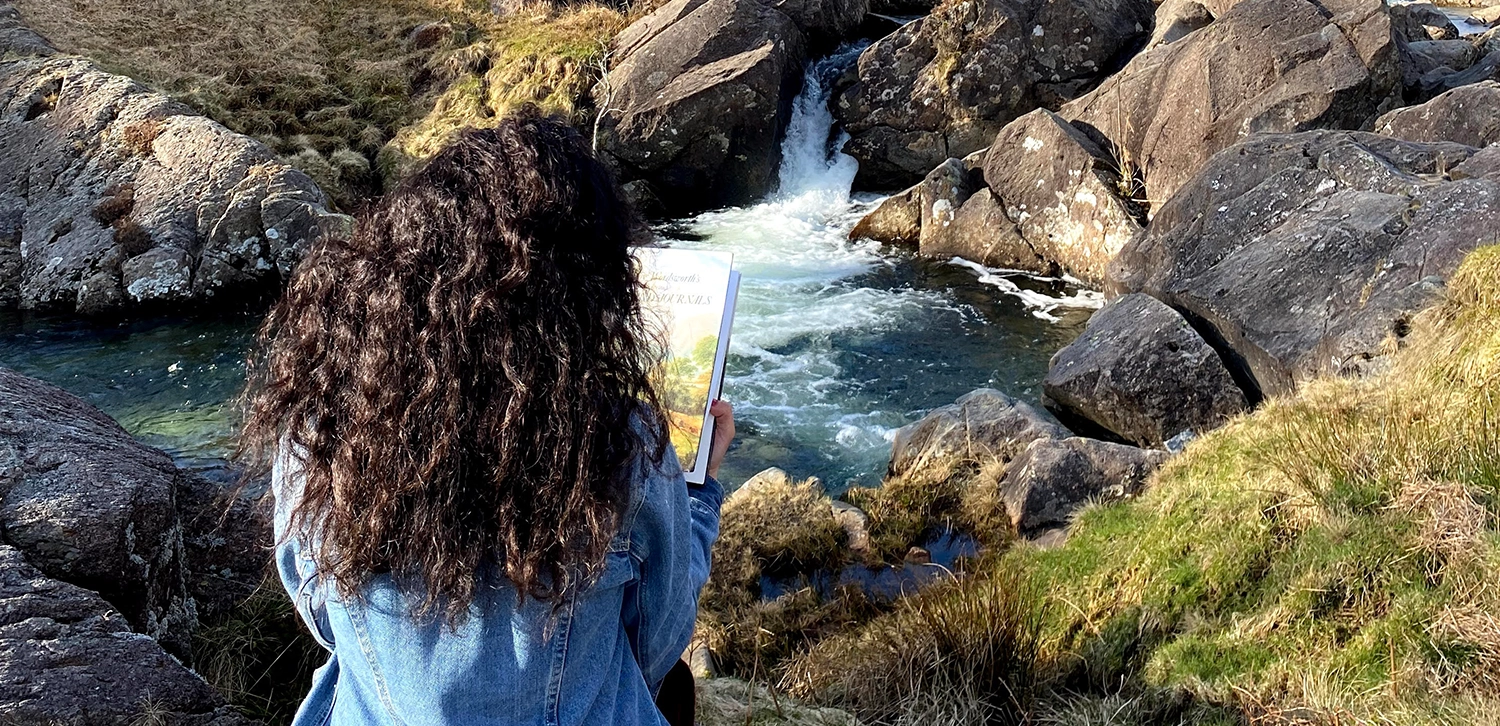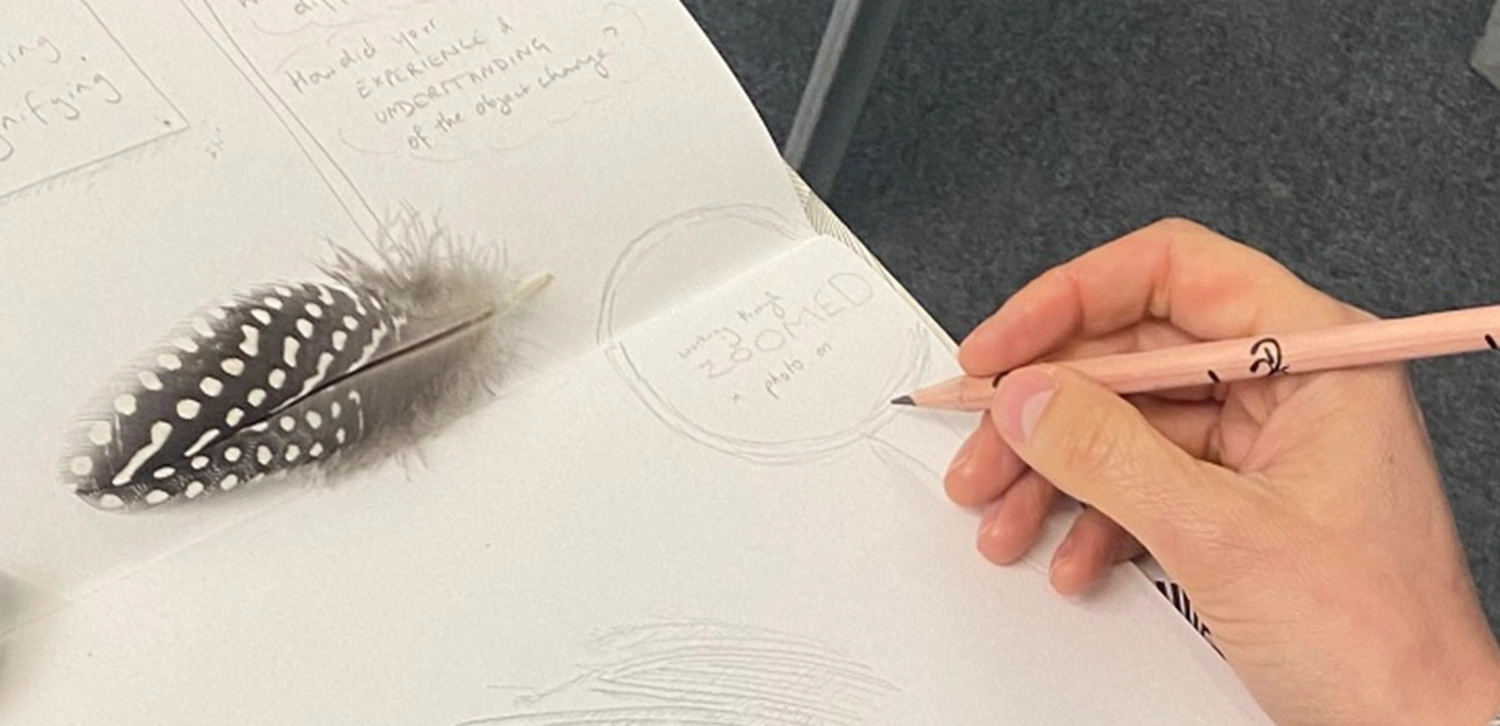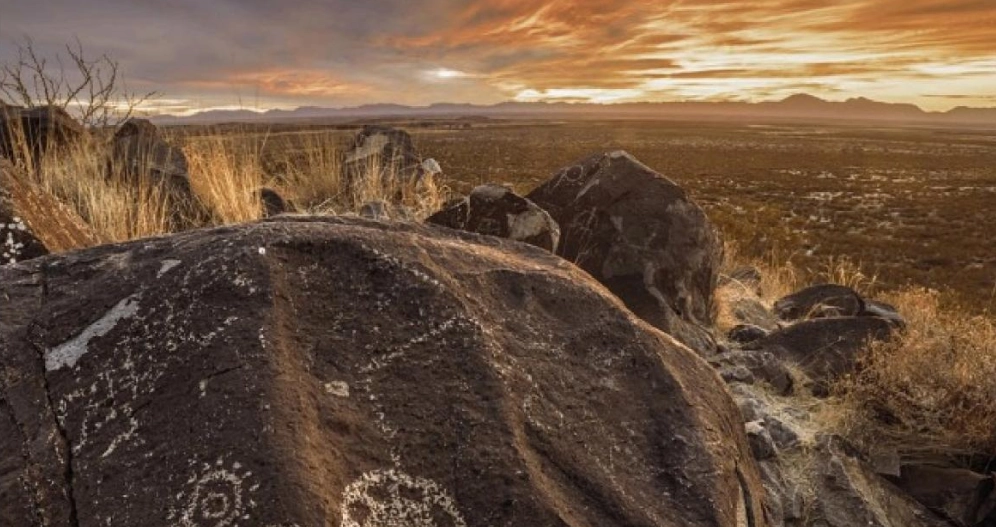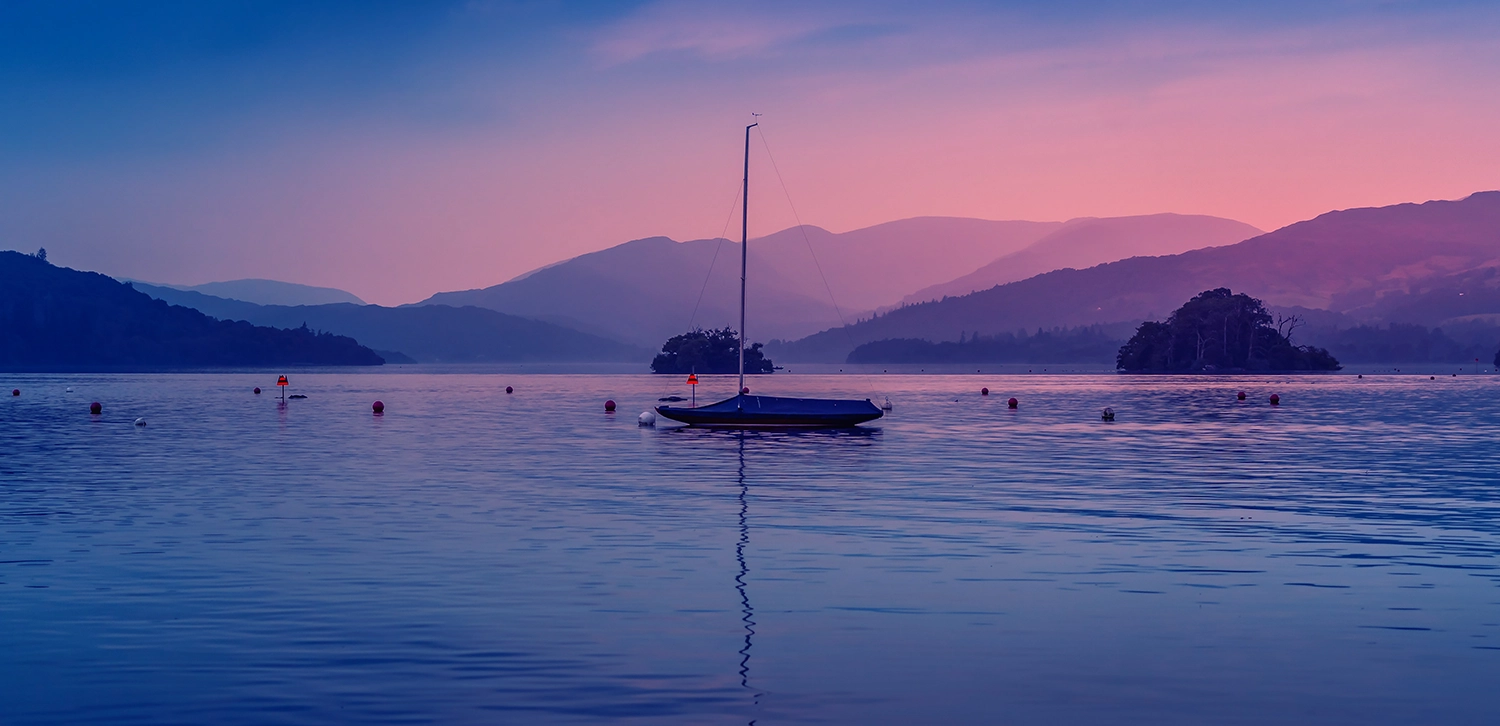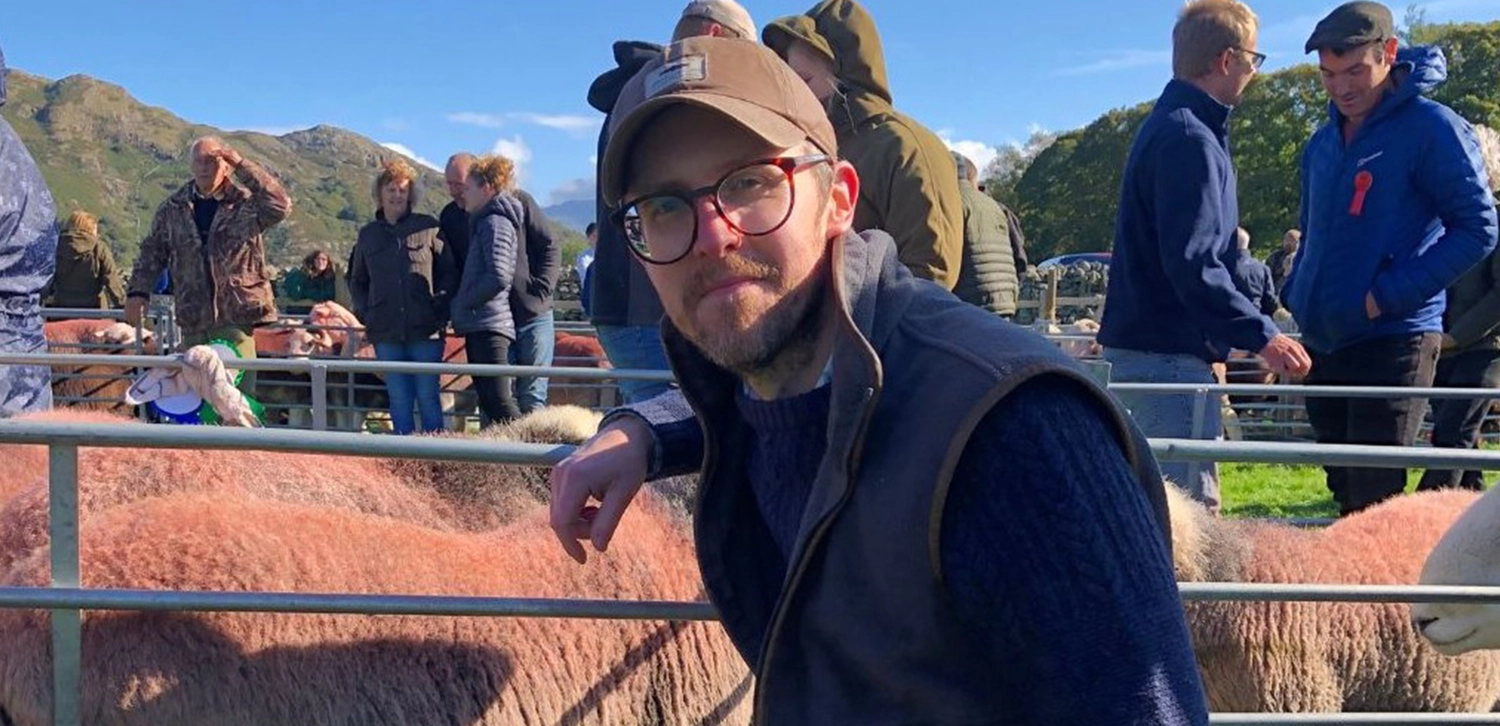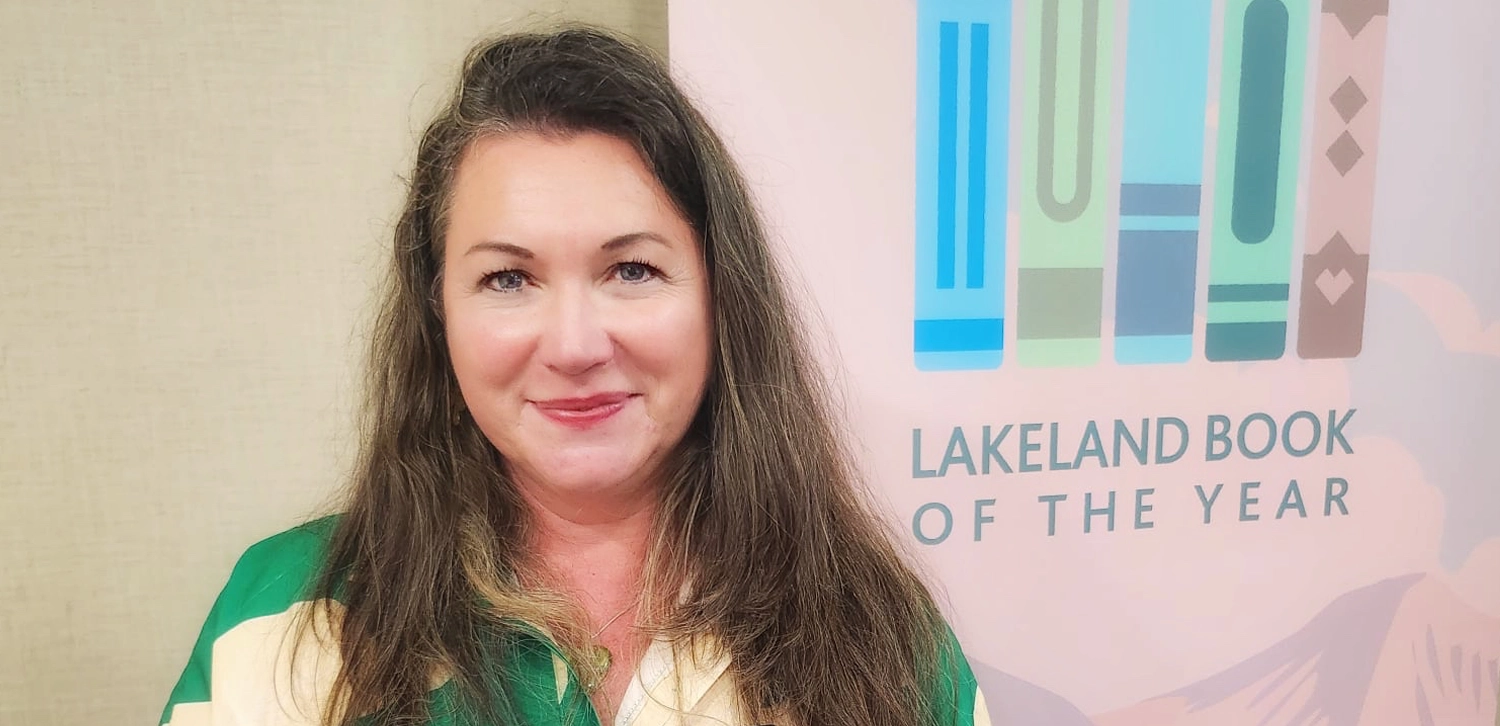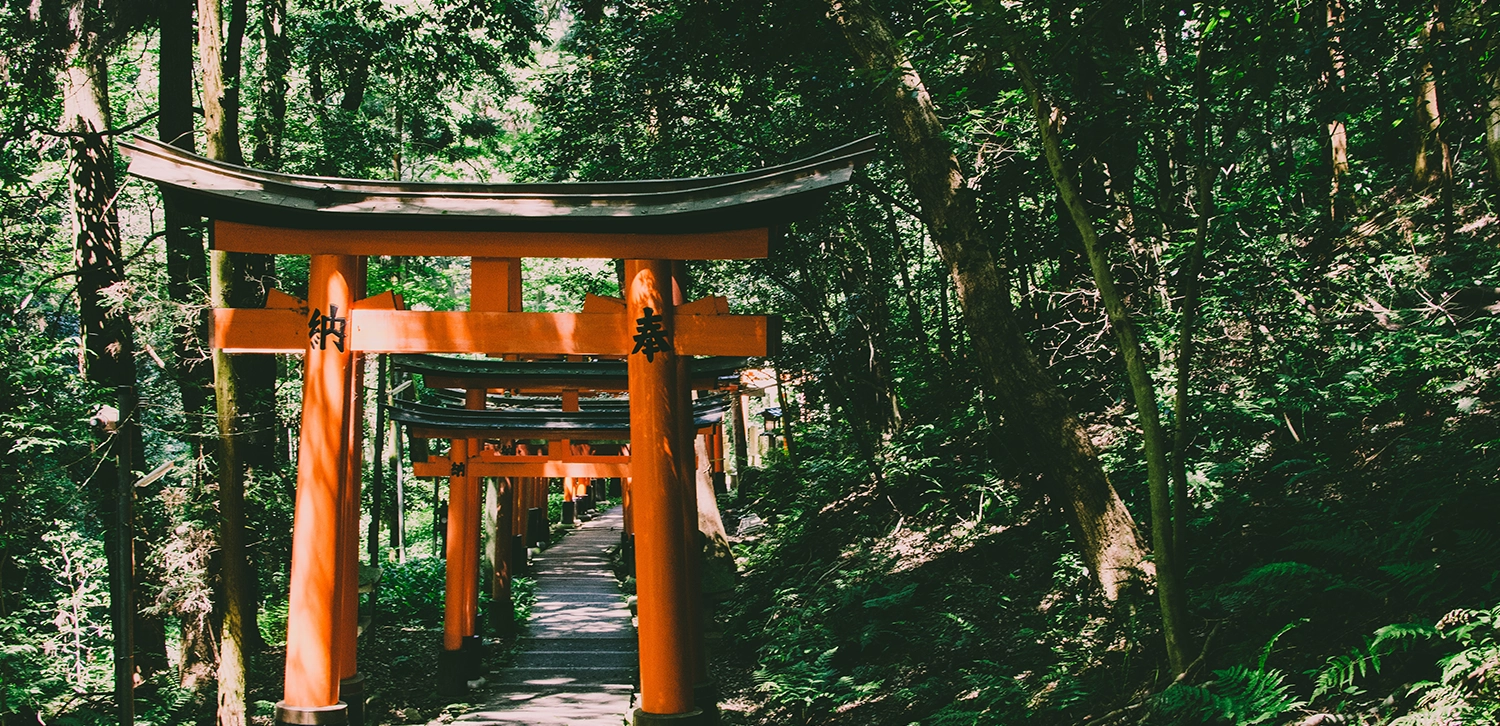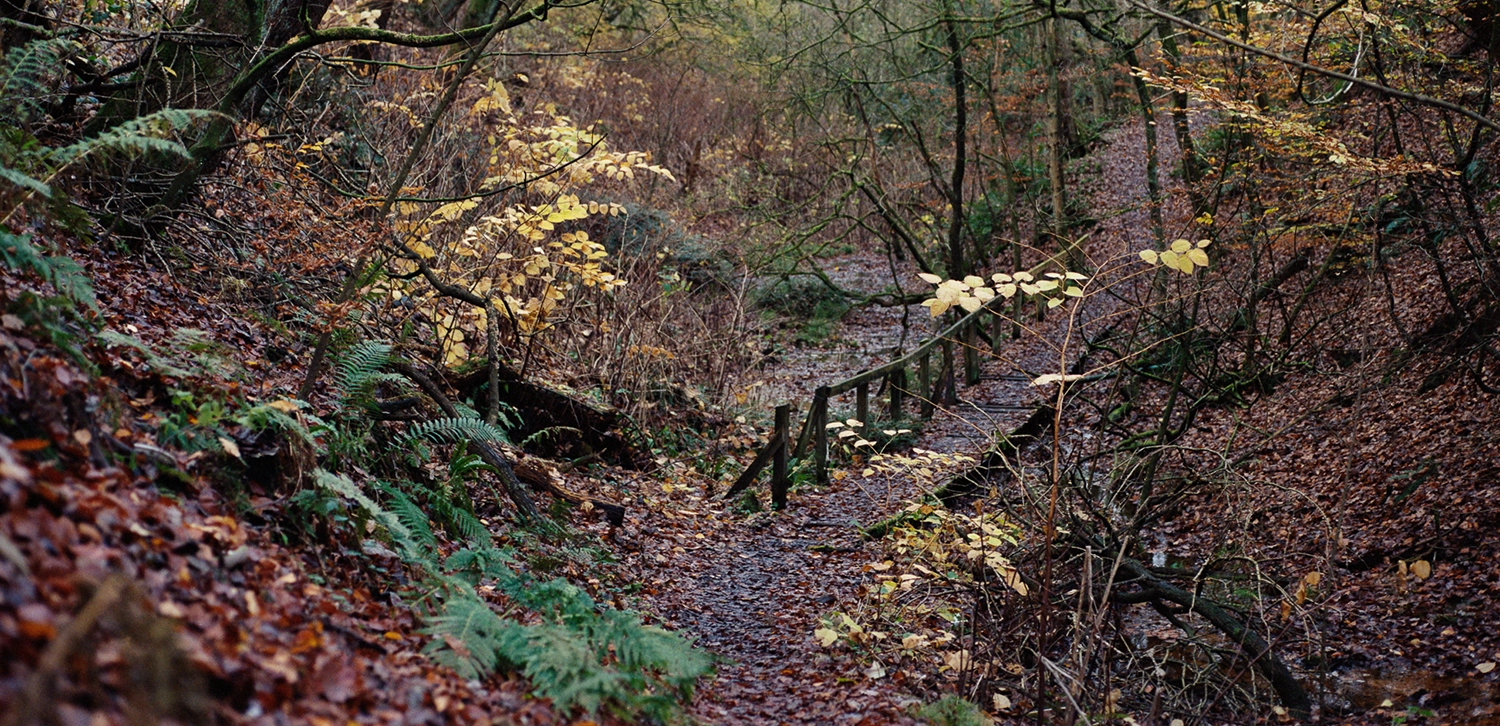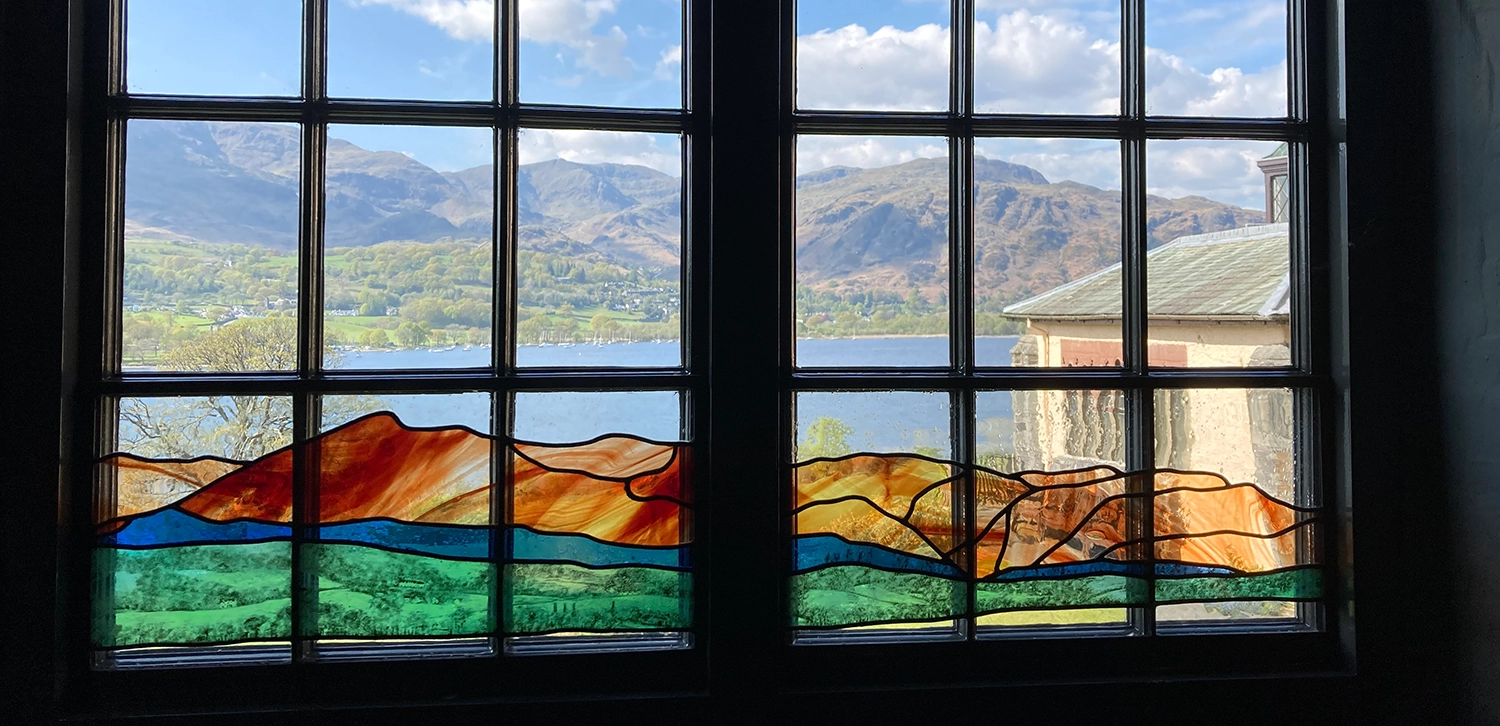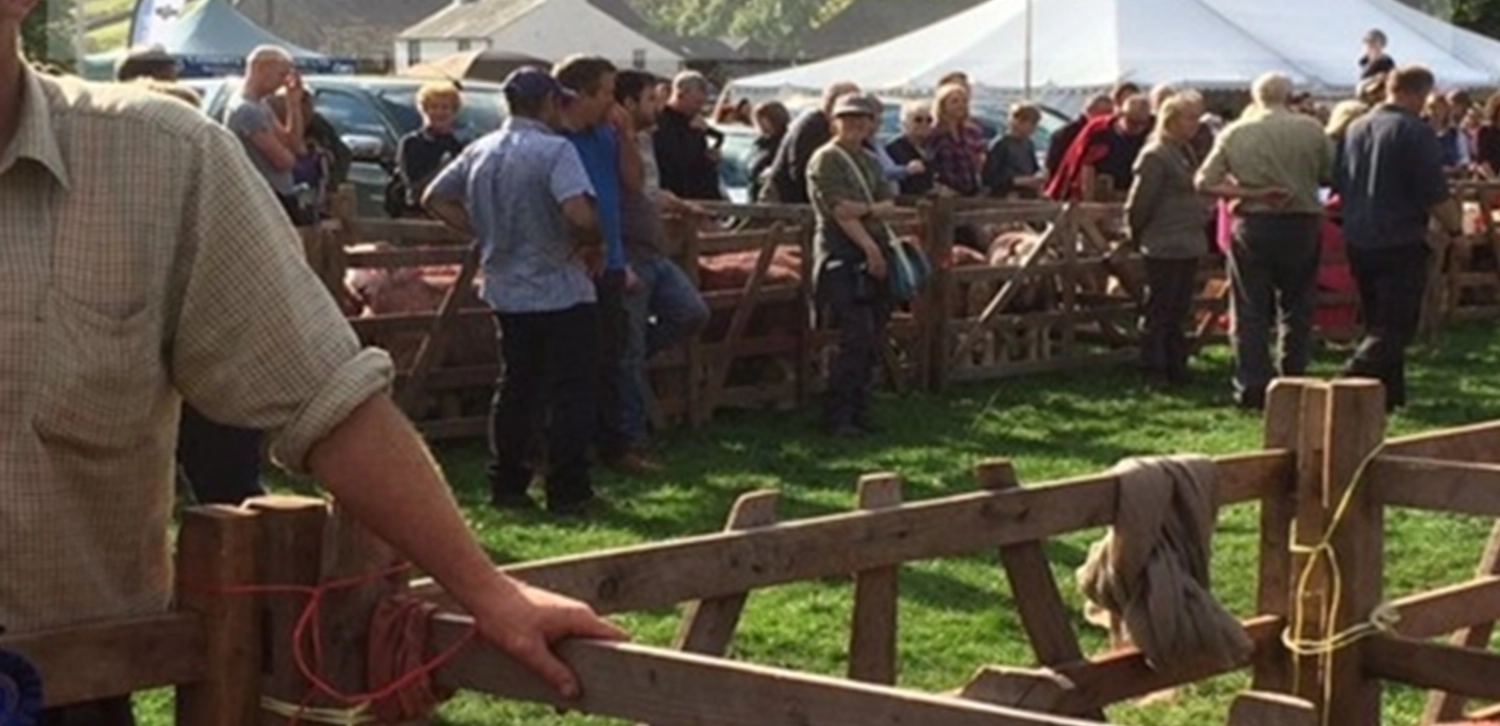
Cultural Landscapes
Cultural Landscapes (Theme Lead: Dr Penny Bradshaw)
This theme brings together areas of research which engage with the 'combined works of nature and humankind' (UNESCO) and which explore interpretations of, and creative responses to, the complex and dynamic relationship between human inhabitants and their natural environment, with a particular focus on how this relationship has evolved and continues to evolve in the 21stC. The theme encompasses responses to the landscape - including anthropocentric environmental concerns - in literature/the arts and the impact of these creative responses on subsequent perceptions of the landscape, as well as more intangible processes and experiences such as a sense of place, creative inspiration, or the impact of landscape interactions on mental health and well-being.

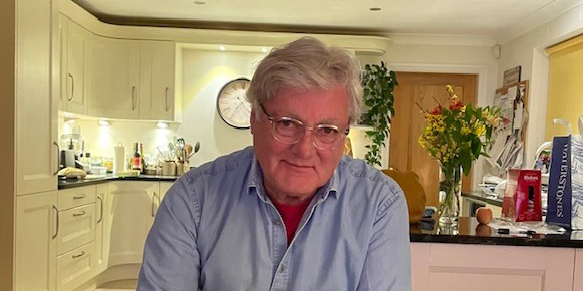
.jpg)
